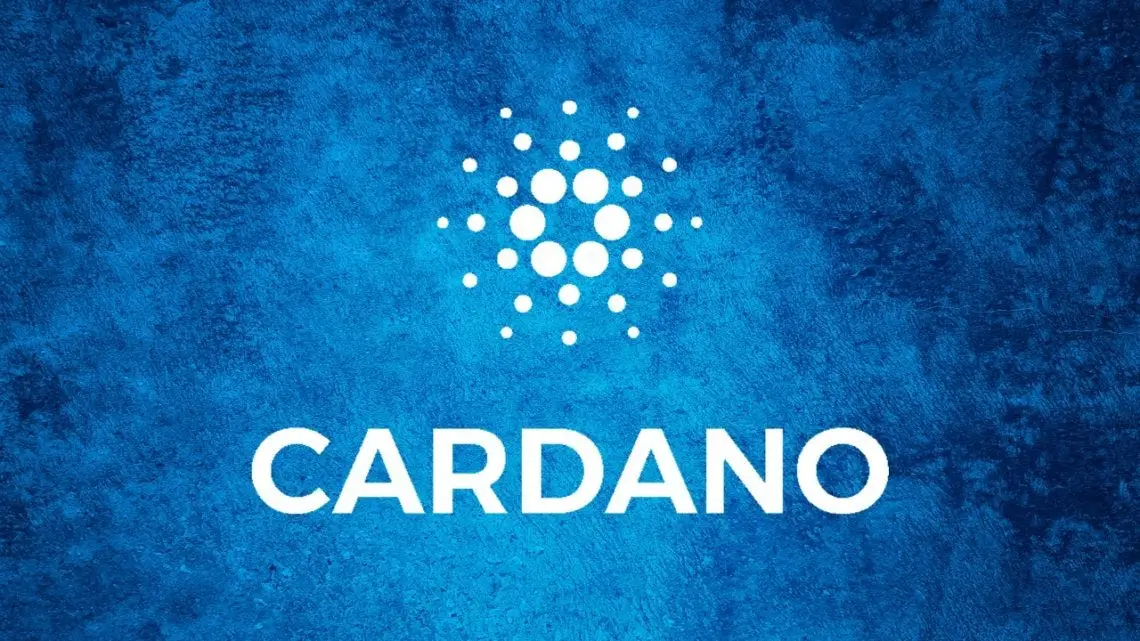Cardano Faces Challenges as Key Developer Leaves
30.09.2024 20:30 1 min. read Alexander Stefanov
A notable departure from the Cardano project has occurred as Vladimir Kalnitsky, a key developer behind the cardano-transaction-lib (CTL), has announced he is stepping away.
This exit raises further alarms about Cardano’s ability to draw and retain skilled professionals in the rapidly changing blockchain sector.
Kalnitsky, who has gained significant insights while working within Cardano’s PureScript ecosystem, mentioned a waning enthusiasm for functional programming languages, particularly Haskell, which plays a crucial role in Cardano’s architecture. This sentiment reflects broader frustrations within the developer community.
Haskell, while technically advanced, has a reputation for its steep learning curve, which may deter new developers from engaging with the platform.
Concerns about ADA’s appeal are echoed by many in the industry. The complexity of Haskell and its limited usage beyond specialized fields contribute to the challenges faced. Blockchain developer Hinson Wong noted that the ecosystem surrounding Haskell and Cardano’s unique UTXO model makes wider adoption difficult.
In comparison, the Ethereum Virtual Machine (EVM) benefits from a larger community and a more substantial market presence, making development seem less costly, particularly for DeFi projects.
With the ongoing departures of essential developers and high development costs, the prospects for Cardano, especially in the DeFi arena, remain precarious.
-
1
Warren Buffett Narrows His Bets as He Prepares to Step Down
14.06.2025 16:00 2 min. read -
2
Why Gold Could Be the Smart Play Amidst US Debt Surge
11.06.2025 11:00 1 min. read -
3
MEXC Sets Up $100M Emergency Fund to Protect Users From Major Security Incidents
12.06.2025 11:00 1 min. read -
4
NFTs Quietly Evolve Into Core Digital Infrastructure
13.06.2025 17:00 2 min. read -
5
Peter Thiel-Backed Bullish Quietly Files for IPO as Crypto Firms Eye Wall Street
11.06.2025 22:00 1 min. read
Key U.S. Events to Watch This Week That Could Impact Crypto
The first week of July brings several important developments in the United States that could influence both traditional markets and the cryptocurrency sector.
Here Is How Your Crypto Portfolio Should Look Like According to Investment Manager
Ric Edelman, one of the most influential voices in personal finance, has radically revised his stance on crypto allocation. After years of cautious optimism, he now believes that digital assets deserve a far larger share in investment portfolios than ever before.
GENIUS Act Could Reshape Legal Battle over TerraUSD and LUNA Tokens
In the case involving Terraform Labs and its co-founder Do Hyeong Kwon, the defense has asked the Federal Court for the Southern District of New York to extend the deadline for pretrial filings by two weeks, pushing it beyond the original date of July 1, 2025.
Coinbase Surges 43% in June, Tops S&P 500 After Regulatory Wins and Partnerships
Coinbase has emerged as the best-performing stock in the S&P 500 for June, climbing 43% amid a surge of bullish momentum driven by regulatory clarity, product innovation, and deeper institutional interest in crypto.
-
1
Warren Buffett Narrows His Bets as He Prepares to Step Down
14.06.2025 16:00 2 min. read -
2
Why Gold Could Be the Smart Play Amidst US Debt Surge
11.06.2025 11:00 1 min. read -
3
MEXC Sets Up $100M Emergency Fund to Protect Users From Major Security Incidents
12.06.2025 11:00 1 min. read -
4
NFTs Quietly Evolve Into Core Digital Infrastructure
13.06.2025 17:00 2 min. read -
5
Peter Thiel-Backed Bullish Quietly Files for IPO as Crypto Firms Eye Wall Street
11.06.2025 22:00 1 min. read


